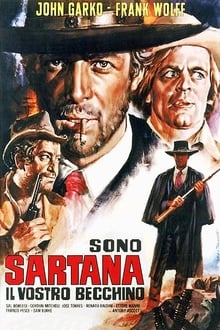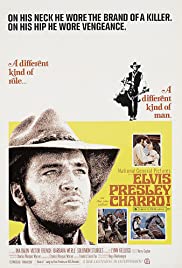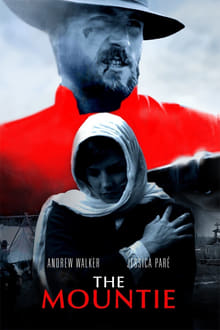
The Saturday matinee crowd got two cowboy stars for the price of one in this lavishly budgeted western serial starring former singing cowboy Dick Foran and Buck Jones. The latter contributed deadpan humor to the proceedings, making Jones perhaps the highest paid B-western comedy relief in history. The two heroes defend the Death Valley borax miners from an outlaw gang headed by Wolf Reade. An extraordinarily strong cast — for a serial, at least — supported the stars, headed by Charles Bickford as Reade, Leo Carillo, Lon Chaney, Jr., and silent screen star Monte Blue. Leading lady Jeanne Kelly later changed her name to Jean Brooks and starred in the atmospheric RKO thriller The Seventh Victim (1943). Universal claimed to have spent $1 million on this serial and made sure to get their money’s worth by endlessly recycling the action footage in serials and B-westerns for years to come.
You May Also Like

Mr. Weng and his partner Gordon take on a gang of ninjas and Mexican banditos in California’s wild, wild west.

A small rancher is being harassed by his mighty and powerful neighbor. When the neighbor even hires gunmen to intimidate him he has to defend himself and his property by means of violence.

Saint Charles County, Missouri, December 1863. Edmond, a prosperous French perfume merchant, decides to flee to a safer place when the storms of the American Civil War start knocking at his door, threatening the life and fortune of his family.

A Civil War guerilla gang plans an attack on a Kansas arsenal.

Two Cavalry Officers clash over the Colonel’s Daughter at a remote outpost with Indian troubles.

An outlaw committing a string of robberies and murders manages to blame the crimes on Apaches, bringing about an Indian war.

A crusading newspaper editor recruits his old friend Hoppy to take the job of Marshall in a town rife with vice and murder directed at helpless miners.

Sartana is falsely accused of robbing a bank, and must find the real robbers and clear his name.


Tom Destry, son of a legendary frontier peacekeeper, doesn’t believe in gunplay. Thus he becomes the object of widespread ridicule when he rides into the wide-open town of Bottleneck, the personal fiefdom of the crooked Kent.

A lone Mountie has come to town to clean up the crime and corruption after finding an innocent man dead. As he sets up home, in town, he discovers endless amounts of illegal activity taking place behind closed doors. Once he uncovers the men behind the crimes he prepares to take them down one by one in the most vicious showdown this town has ever seen.